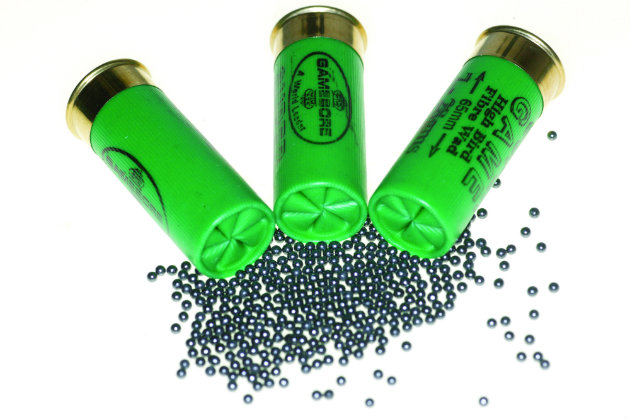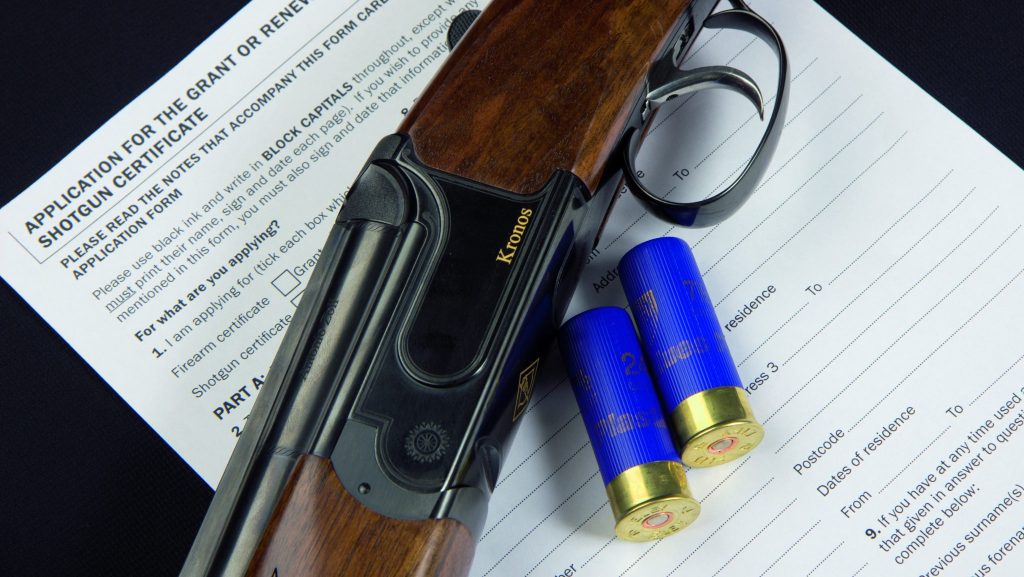Win CENS ProFlex DX5 earplugs worth £1,149 – enter here
What’s antimony content?

Mike says: Antimony is a metallic element, which, in its pure state, is rather brittle. However, it has a low melting point and mixes readily with lead in small percentages. Lead-antimony alloys are harder than pure lead, and this extra hardness gives shot two desirable qualities.
First, since pellets containing antimony tend not to get squashed out of round at the moment of firing, and do not get abraded as they rub along barrel walls, they shoot better, tighter patterns. This is mainly because round pellets fly true, while damaged pellets fly erratically. Secondly, lead-antimony pellets do not easily weld together under the enormous pressures at the moment of firing. In the old days, with almost pure lead, this would be quite a hazard and it was not unknown for the shot of a powerful charge to emerge from the muzzle in a few large lumps, which could fly off in all directions for great distances, with consequent dangers. Cartridge manufacturers tend to add up to seven per cent antimony to their lead for best results.
Related Articles
Get the latest news delivered direct to your door
Subscribe to Shooting Times & Country
Discover the ultimate companion for field sports enthusiasts with Shooting Times & Country Magazine, the UK’s leading weekly publication that has been at the forefront of shooting culture since 1882. Subscribers gain access to expert tips, comprehensive gear reviews, seasonal advice and a vibrant community of like-minded shooters.
Save on shop price when you subscribe with weekly issues featuring in-depth articles on gundog training, exclusive member offers and access to the digital back issue library. A Shooting Times & Country subscription is more than a magazine, don’t just read about the countryside; immerse yourself in its most authoritative and engaging publication.







